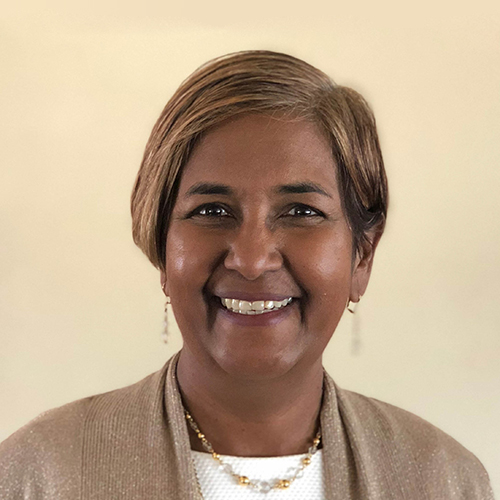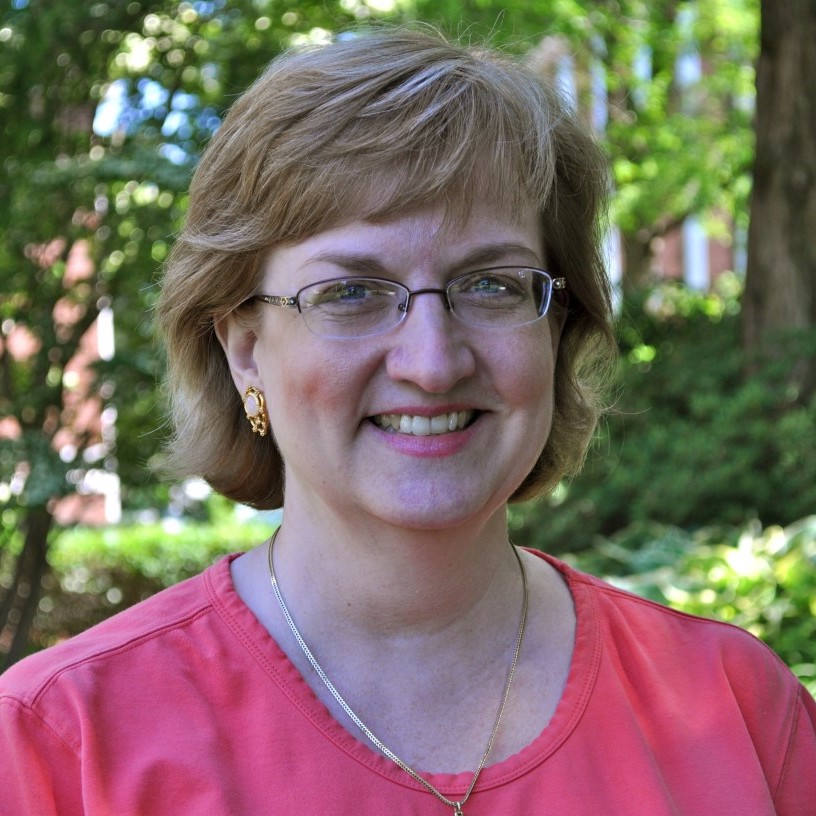Doctor of Ministry in Spiritual Formation and Discipleship
PROGRAM HOURS: 36
The Spiritual Formation and Discipleship track engages seekers who desire to deepen their journey of personal transformation for the sake of spiritual renewal in their communities. Students will explore diverse approaches to formation and how they can be contextualized in various settings. The Spiritual Formation track is cohort-based and online, with three, one-week, face-to-face site visits in Kansas City, San Diego, and Ireland.
The student who completes the Doctor of Ministry will demonstrate the following:
- Integration of academic abilities, research methods, and advanced ministry skills to develop creative forms and modes of engagement in mission in the Wesleyan spirit.
- Growth in self-understanding, self-evaluation, and self-direction in regard to lifelong study, increased knowledge and skills in human relationships, spiritual growth, and leadership potential in various ministry contexts.
- Growth in understanding of and appreciation for the integration of Scripture, reason, tradition, and experience that characterizes the Wesleyan tradition.
- Formation of a theology of ministry grounded in understanding of and participation in the mission of God in the world.
Program Faculty & Guest Lecturers
-

Michael Christensen
DMin Track Professor of Spiritual Formation and Discipleship -

Douglas Hardy
Professor of Spiritual Formation -

Rebecca Laird
DMin Track Professor of Spiritual Formation and Discipleship -

Susangeline Patrick
Associate Professor of World Christianity
Program Advisors
-

Dean Blevins
Professor of Practical Theology and Christian Discipleship -

Susan Carole
Affiliate Professor of Historical Theology -

Jacob Lett
-

Mary Lou Shea
- Study is completed online and residency requirements are met through three, one-week on-site colloquies in Kansas City, San Diego, and Ireland
- Expected completion: 3 years
- Includes three course types:
- Core Courses:
Six courses that make up 15 credit hours of the program. Each of the three primary professors will facilitate two of these courses. - Customized Courses:
Four courses that make up 12 credit hours of the program. These create space for specialization within the track. - Research Courses:
Four courses that make up 5 credit hours of the program and prepare the student for successful completion of the final research project.
- Core Courses:
- Students develop a final research project (4 credit hours) as the capstone to the DMin program
- The DMin is accredited by the Association of Theological Schools
- Education
- An earned MDiv Degree or a master’s degree in a ministry-related area from an accredited program.
- GPA
- A minimum GPA of 3.0 is required for graduate degrees. Transcripts of all degrees will be evaluated by the Director of the DMin program and/or the Associate Dean of Academic Programs and Enrollment.
- In cases where the applicant’s GPA is less than 3.0, additional written work and corroborating documentation may be required for evaluation.
- If there is a lack of work in theological disciplines, supplemental work at the master’s level may be required.
- Experience
- Significant ministerial experience that enables the applicant to engage as a ministry peer with other students.
All financial information is the estimated direct cost for the entire program. It is subject to change due to travel variances and site-specific details:
Total Tuition* and Fees (Including housing for three site visits): $22,580.00**
Books, flights, and food will vary by track
*36 hours at $560/credit hour
**Estimated direct cost. Does not include books or travel expenses.
The office of financial aid is committed to coming alongside students to resource and help them make graduate-level education an affordable reality. The general scholarship application is embedded in the NTS application. View more about program costs, fees and additional financial aid options here.
For admission to the Doctor of Ministry program, prepare to submit the following during the application process:
- Three references: academic, pastoral, personal
NOTE: Army Chaplains may submit the last two Officer Efficiency Reports (OERs) in lieu of the Ecclesial Employer/Supervisor and Lay Person references. - Transcripts: Have official transcripts of all previous academic work sent directly to Nazarene Theological Seminary: Enrollment Services (Unofficial transcripts are sufficient until official ones arrive). If GPA is less than 3.0, an additional paper is required.
- Personal and Professional Identity Paper (1500 words):
- An overview of your self-understanding of your ministerial identity and vocational calling with reference to all ministry experience, including your current ministerial and cultural context (500 words)
- An articulation of the biblical and theological tradition that undergirds your ministry, with references to thinkers and writers who shape your theological understanding and framework (750 words)
- An evaluation of your current professional and educational competence and goals (250 words)
- The Paper should demonstrate your ability to: organize your written thoughts clearly and coherently, using correct spelling, grammar, punctuation, etc., as well as appropriate and consistent form and style. Citations of sources should include full bibliographic information.
- Research Statement (500 words):
- This document indicates your research interest for the appropriate Doctor of Ministry track. Specifically, how you envision narrowing your research focus based on your theological interests and the contextual challenge/problem you hope to address (300 words)
- A rationale for pursuing the Doctor of Ministry program, i.e., your vision for how the Program will contribute to your readiness for engaging in ongoing personal and spiritual formation for your ministry context (200 words)
INTERNATIONAL STUDENTS:
Please be prepared to provide the following additional items:
- TOEFL Scores: 550 (paper based); 79-80 (internet based)
- Completed Affidavit of Financial Support (consult the Cost of Attendance document to help you complete this.)
For more information, please consult the International Student Handbook.





